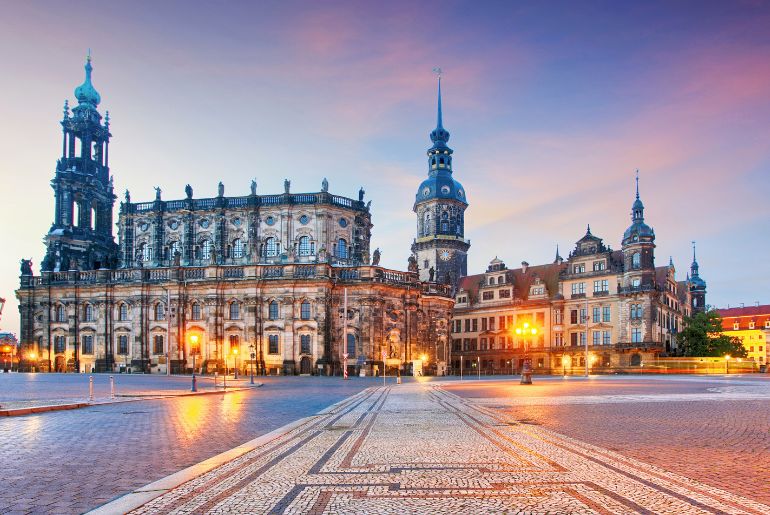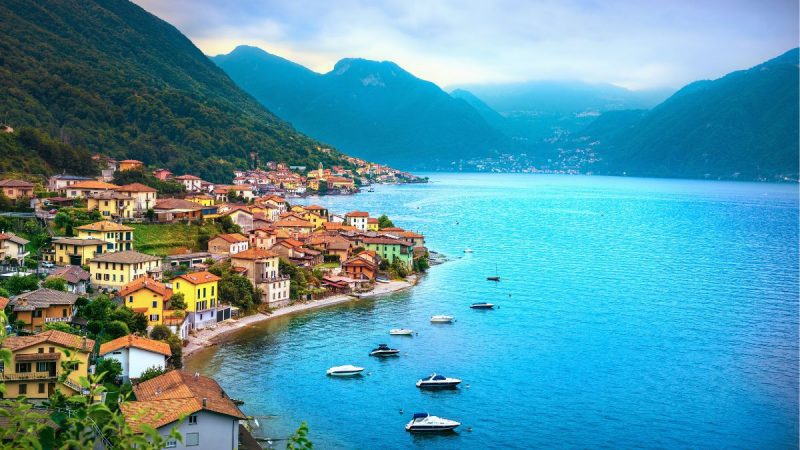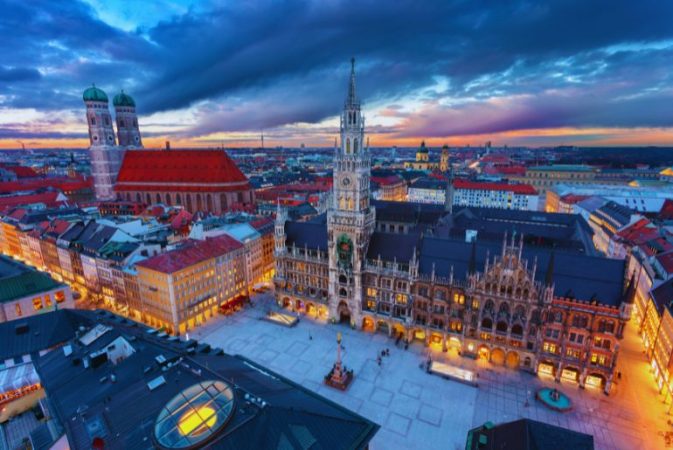Thanks to a rise in tourism, the economies of Portugal, Greece, and Spain are currently outperforming those of their northern counterparts. Tourism remains a critical driver of their economies, providing significant income and employment opportunities. But, there’s an intricate balance that these nations must navigate between sustaining their tourism-dependent economies and addressing the adverse impacts of over-tourism.
Tourism Drives Spain, Greece & Portugal Economies
The GDP of Spain increased by 2.5 per cent in the previous year. This was in comparison to 2.0 per cent in Greece and 2.3 per cent in Portugal. According to the International Monetary Fund, the three countries are to maintain their strong performance this year, albeit at a slower rate. This year, there will be growth in Greece of 2.0 per cent, Portugal of 1.7 per cent, and Spain of 2.4 per cent. Economists attribute this turnaround in large part to a robust recovery in tourism, which broke records last year when travel restrictions related to coronavirus were lifted.
With the sector making up 12 per cent in Portugal and 25 per cent in Greece, it is important for all three countries. The three countries are also reaping benefits from the EU’s enormous pandemic recovery fund. Additionally, the three countries have strengthened their markets and increased their competitiveness through structural reforms, making great efforts to improve their economic attractiveness.
Tourism is a cornerstone of these economies. The influx of tourists supports a myriad of sectors, from hospitality and retail to transportation and cultural services. People flock to these countries for their historical landmarks, vibrant cultures, and stunning landscapes. Cities like Barcelona, Madrid, Lisbon, and Porto are renowned for their architectural marvels, lively festivals, and rich culinary traditions.
Also Read: Bhutan Tourism’s Golden Jubilee Roadshow To Take Centre Stage In India; Here’s All You Need To Know!
The Paradox: Striking A Balance

On one hand, these countries aim to curtail the influx of tourists. This is being done to preserve their cultural heritage, environmental integrity, and quality of life for residents. On the other hand, tourism remains a critical driver of their economies. They provide significant income and employment opportunities. The paradox of wanting fewer tourists but needing them for economic success is complex. In response to these challenges, Spain, Greece & Portugal have implemented measures to mitigate the adverse effects of over-tourism. Despite the economic benefits, the sheer volume of tourists has led to several negative consequences. The pressure on local resources has intensified, prompting urgent calls for sustainable tourism practices.
According to an article by Reuters, millions of other tourists concur, and the tourism boom has allowed Spain. The country had previously lagged behind other major European countries, now taking the lead. Spain’s growth in the first quarter of 2024 was 0.7%, while the rest of the 20-country eurozone managed only 0.3%. However, residents of these countries feel they are not reaping the benefits. Therefore, there are increased numbers of protests. There are local governments placing limits on new holiday home permits, limits on tourist permits and more.
To strike a balance between tourism and sustainability, a multifaceted approach is required. Through innovative strategies, sustainable practices, and community engagement, these nations can navigate the delicate balance between welcoming the world and preserving their unique cultural and environmental heritage. The future of tourism in these countries hinges on this careful equilibrium.
Cover image credits: Canva
First Published: June 10, 2024 3:43 PM





